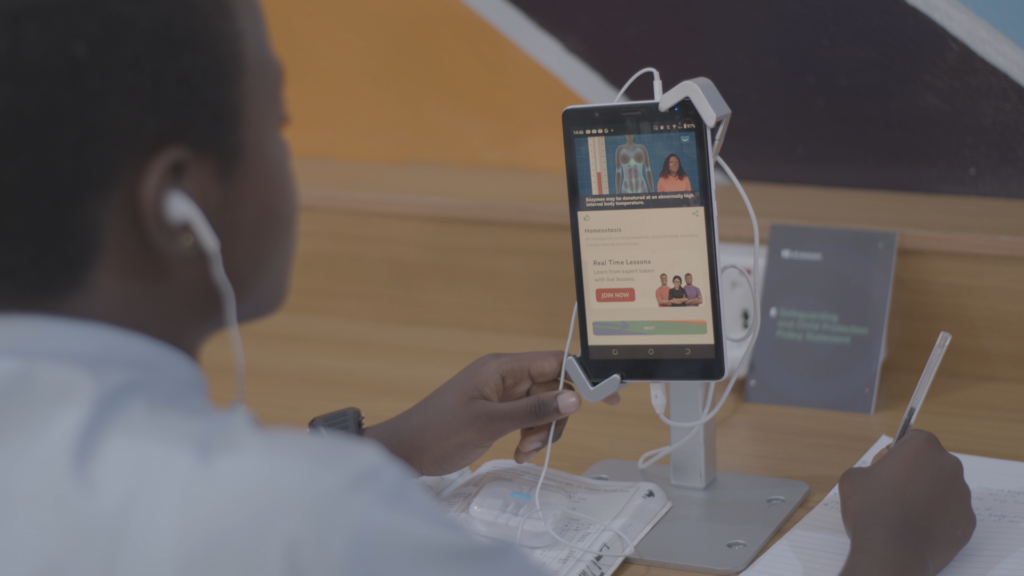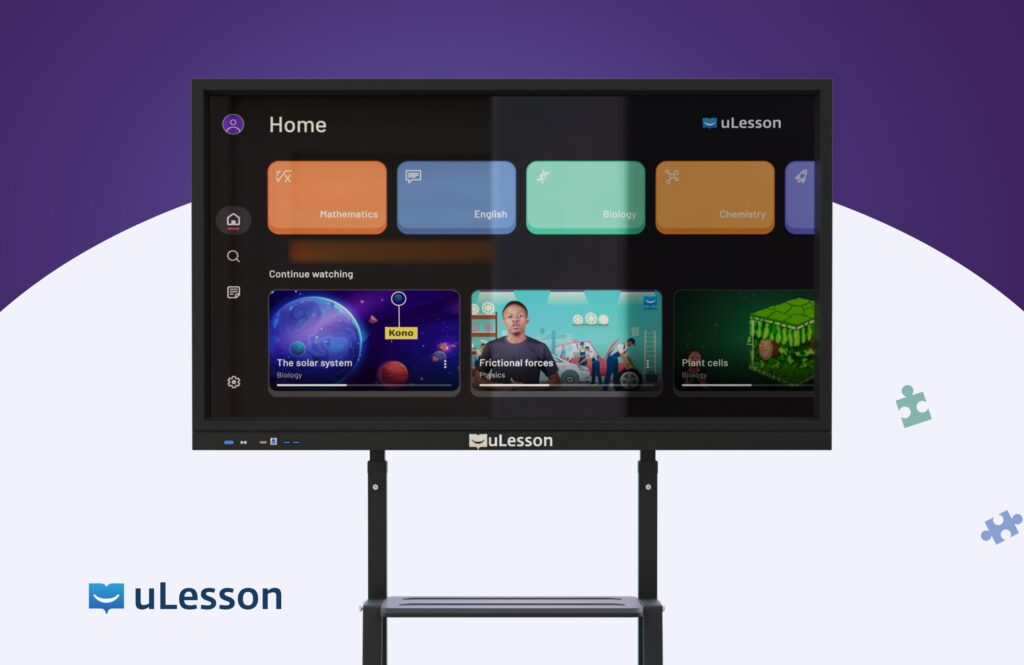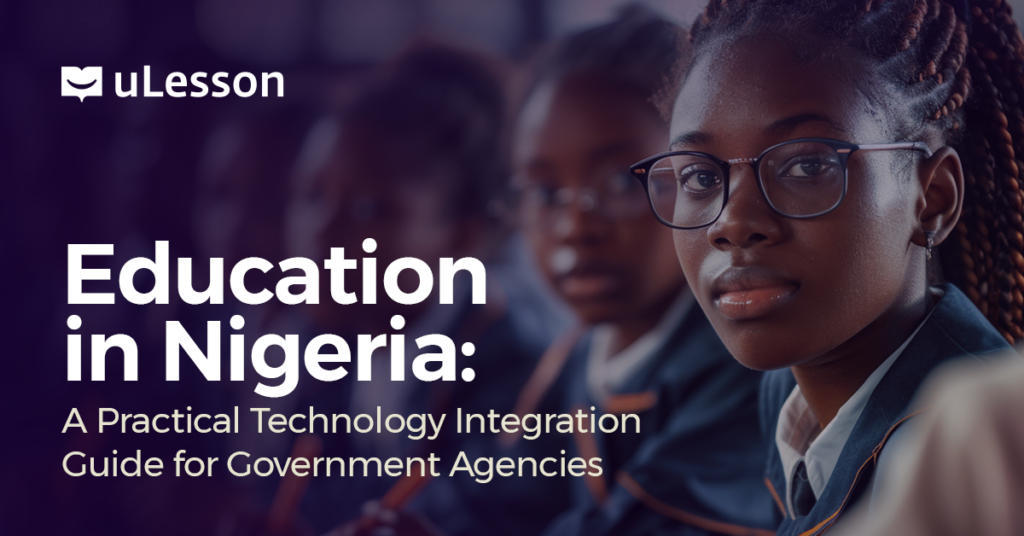The education system in Nigeria faces numerous challenges, from inadequate infrastructure to limited access to quality learning materials. Economic constraints also hamper efforts to improve educational standards, especially in rural areas. Integrating technology into classrooms could help bridge the gap and provide new solutions.
However, the integration of technology in education comes with its own set of challenges. High costs of digital devices, unreliable power supply, and limited internet access are significant barriers. Despite these obstacles to education in Nigeria, cost-effective and innovative practices exist that can be implemented to enhance the learning experience for students across the country.
The Importance of Technology Integration
Incorporating technology in education is crucial for preparing students for a digital future. It improves learning by offering interactive and captivating content, enabling communication between teachers and students, and granting access to a wide range of information and resources. Furthermore, technology can assist in customising education to address the varying needs of learners, thereby making education more inclusive and efficient.
Practical Solutions for Technology Integration
1. Mobile Learning (M-Learning)
Mobile learning leverages the widespread use of mobile phones to deliver educational content and facilitate teacher-student communication. Schools can use messaging apps or learning management systems (LMS) to share study materials, assignments, and feedback with students. Mobile-friendly educational apps tailored to the local curriculum can also greatly benefit students.

In addition, government agencies can work with technology companies to provide students with personal learning tablets preloaded with engaging video lessons that can be accessed offline. Providing digital devices with offline content allows government agencies to reach students in areas without internet access.
Nigerian companies like uLesson Education offer comprehensive learning solutions via the uLesson app and Education Tab 2, a learning tablet. These offerings make education accessible even in resource-limited settings.
2. Solar-Powered Classrooms
Using solar energy to power electronic devices in schools without reliable electricity ensures that technology can be used effectively even in remote areas.
Government agencies can install solar panels to provide a sustainable power source for computers, tablets, and internet routers. Solar-powered schools, like Arusha Secondary Schools, have improved access to technology and digital learning and can be replicated in Nigeria.
3. Educational Smartboards
Educational smartboards allow teachers to create dynamic presentations, annotate materials, and engage students in interactive activities. Innovative smartboards like the uLesson Classboard combine various functionalities in one device. The academic content, whiteboard, split screen, and lesson recording functionalities make learning more interactive and collaborative.

4. Interactive Radio Instruction (IRI)
Interactive Radio Instruction is an educational method that harnesses the power of radio broadcasts to deliver learning materials to students residing in remote and hard-to-reach areas. This innovative approach makes education accessible to individuals who might otherwise struggle to access formal learning opportunities.
Government agencies and NGOs can develop radio programmes that align with the national curriculum and broadcast them at set times. Community involvement can be encouraged to enhance learning. IRI has been used effectively in countries like Zambia and South Africa to reach students in underserved areas.
5. Community Learning Centres
Establishing community learning centres equipped with digital resources can provide shared access to technology for multiple schools. By partnering with education technology companies and solar energy providers, government agencies can set up learning centres with computers, learning tablets, internet access, and digital learning materials.
Learning centres have successfully provided access to technology and educational resources in several African regions and can be an effective solution in Nigeria.

6. Teacher Training and Professional Development
Inadequate teacher training is a significant area for improvement in Nigeria. Providing teachers with training on how to integrate technology into their teaching practices effectively is essential for successful technology adoption.
Schools and government agencies can conduct workshops and online courses to train teachers on using digital tools and resources. Encouraging peer learning and support networks can also further enhance teachers’ skills. Teacher training programmes are critical to the successful integration of technology in classrooms.
7. Partnerships with Tech Companies and NGOs
Collaborating with technology companies and non-governmental organisations can provide government agencies with the necessary resources and support for integrating technology into education.
MDAs can seek partnerships for training and the provision of digital tools and content. Successful collaborations have been reported in Nigeria, enhancing the capacity to integrate technology into education.
NDDC partners with uLesson Education to procure 45,000 Education Tablets for students in the Niger Delta
By adopting these practical solutions, government agencies in Nigeria can overcome economic barriers and ensure that technology integration enhances educational outcomes, paving the way for a brighter future for Nigerian students. uLesson Education plays a pivotal role in this transformation, offering scalable and effective learning solutions.
Since 2019, uLesson Education has been on the mission to prepare people for opportunity and improve society through education. uLesson has helped over 2.5 million+ learners love learning, improve their grades, and pass exams in one sitting. uLesson is also committed to helping teachers love teaching in an efficient way, which led to the introduction of the uLesson Classboard.
For further details about uLesson, its offerings, or partnerships to meet educational needs in society, please visit www.ulesson.com or call +234 700 022 2333.




One comment
Zaproxy dolore alias impedit expedita quisquam.